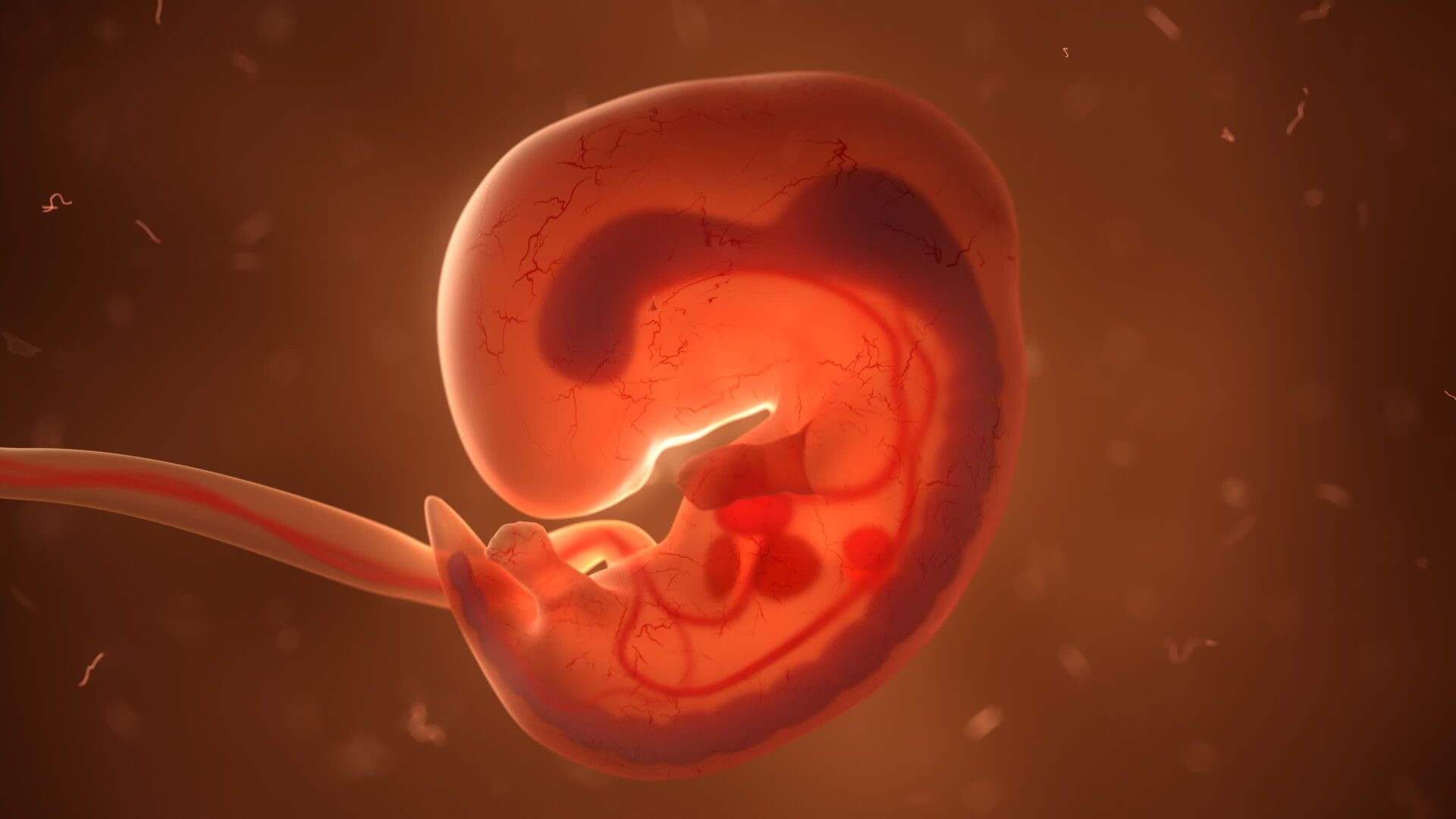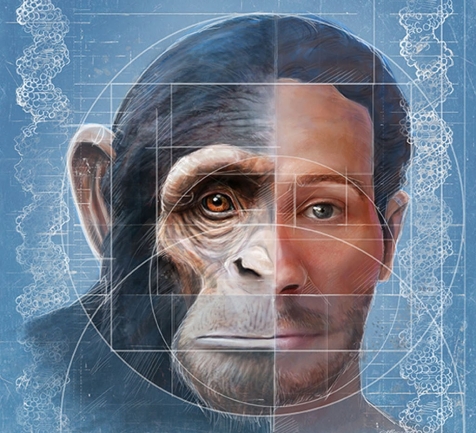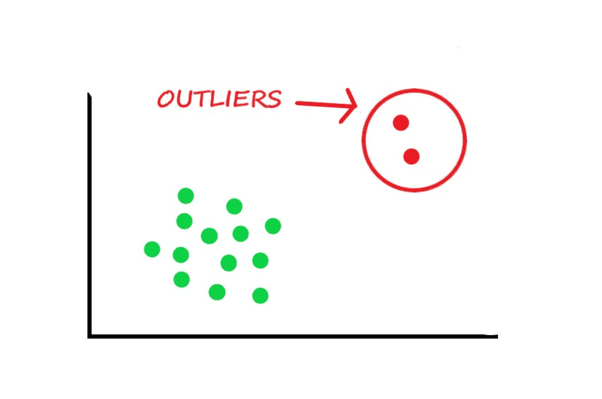Possible Preaching Themes
Possible Scientific Resources
- Who is my neighbor? How wide a circle of people do I need to love?
- What does it mean “to neighbor” (neighboring as a verb) rather than “have a neighbor” (neighbor as a noun)?
- Christ as the “Good Samaritan” who “neighbors” us in our “fallenness” (St. Augustine’s allegorical reading of the text)
- Care and cooperation among other primates
- There seems to exist a correlation between the size of a primate’s brain and the size of a primate’s social circle, though social circle is also influenced by the environment and how much life it can support.
- The strongest evidence of care can be seen in mother/child bond with some extension to kin related through the mother. Often the whole social group functions cooperatively to protect its territory against other groups of the same species. Little to no evidence exists of primates showing care or cooperation outside their social circle.
- For bibliography with multiple articles about the extent of care and cooperation among primates, see Marina Cords’ website at: http://www.columbia.edu/~mc51/
- How wide has the human social circle been evolutionarily?
- Anthropologist and evolutionary psychologist Robin Dunbar argues there is a correlation between the size of the human brain and human social circles, at any given time averaging at 150 “meaningful” relationships in which you could expect some degree of care and cooperation. https://theconversation.com/dunbars-number-why-my-theory-that-humans-can-only-maintain-150-friendships-has-withstood-30-years-of-scrutiny-160676
- Dunbar’s theory has been critiqued as overly simplistic given the complexity of human culture. Other factors that influence the size of our circles of care and cooperation; we are not biologically pre-determined. https://royalsocietypublishing.org/doi/10.1098/rsbl.2021.0158 https://www.nytimes.com/2021/05/11/science/dunbars-number-debunked.html
Homily Outline Combining Resources
Homily outline from the perspective of the injured person: This approach adopts the perspective of the person rescued by the Samaritan and preaches from within the imagined experience of that character.
- Set scenario of the injured person waking up, e.g., You wake to find yourself in a strange bed in a strange room, unable to move right arm and tasting blood on split lip. Can see only partially through puffy left eye, so close it again, sliding back into darkness. When you wake anew, you see sunlight streaming in, illuminating a bedside table with a cup of tea.
- Introduce character of the innkeeper and establish dialogue, e.g., The door swings open to reveal the silhouette of a woman you don’t recognize. “I was wondering when you would wake up. How is your head feeling?” “What happened?” “You were beat up… we think by robbers hiding in the thicket beside the road.” “Who brought me here?” “A neighbor.” “Who? What was their name?” “He had to go, but said that he’d check back in and settle your tab.”
- Internal musing on identity of the neighbor, e.g., A neighbor. What a relief. But how could that be? You are far from home. Who would you know also traveling on that road? What are the chances a neighbor would pass by? Who could it be? People only have a small number of neighbors.
- Robin Dunbar’s hypothesis:
- There is a correlation between the size of a primate’s brain and the size of a primate’s social network. Within that social network, biologists observe primates doing benevolent and cooperative actions. Outside that social network, not. Instead they view those of their species from other social circles as threats.
- Based on size of human brain, our human social networks would naturally average around 150 people. Dunbar argues that human history backs that up. Hunter-gatherer tribes; remains of Neolithic villages in the Middle East; the Doomsday Book recording the populations of medieval England—all suggest humans have lived in clusters of around 150.
- For someone to have stopped and become so personally involved in your situation, it must be someone within “your 150.”
- The arrival of the “neighbor,” e.g., Rattling outside as a car loudly pulls into the parking lot. Innkeeper pulls up the blinds and you look out the window spotting an old jalopy plastered with bumper stickers from the last election that make you cringe. “Oh, here he is now.” “Who?” “The guy who brought you here. Carried you from the back seat of his vehicle.” He steps out of the car, but you have no idea who this is. Do you have amnesia as well? “That is not one of my neighbors,” you say. “Really?” The innkeeper asks. “Is neighbor a noun or a verb? Is it someone you live near, or someone who draws near when you need them? Is neighbor something you have or something you do?”
- Invitation to conversation with the “neighbor,” e.g. Everything about this man makes your hair stand on end. Listening to him greet the receptionist in the hall, you can tell by his accent, that there is no way he is from “back home.” “I imagine you’ll want to speak with him.” Yes. But maybe no. He looks / thinks / speaks different from you. What if he is looking for money? For a favor in return? You owe him everything. How can you repay that? How do you feel about your savior being a Samaritan? How is this even possible? Evolution is not set up for things like this to happen! “I’ll leave so that you two can talk,” the woman says.
- Switch to voice of preacher to ask closing questions, e.g., I will leave you to continue the conversation, but think carefully about what you want to say, if anything, to your Good Samaritan… and what you want to ask. Who is he? Why did he stop? And why did he become so personally invested in your mishap? Evolutionarily speaking, care and cooperation are not set up to happen outside of one’s social network, and yet…. What might he have to say that Robin Dunbar would never have to say about what it means to be a neighbor?
Related Homily Outlines
Couldn’t find what you’re looking for?
Try searching with another filter

Preaching with Sciences

Edward Foley, Capuchin
Duns Scotus Professor Emeritus of Spirituality
Professor of Liturgy and Music (retired)
Catholic Theological Union
Vice-Postulator, Cause of Blessed Solanus










